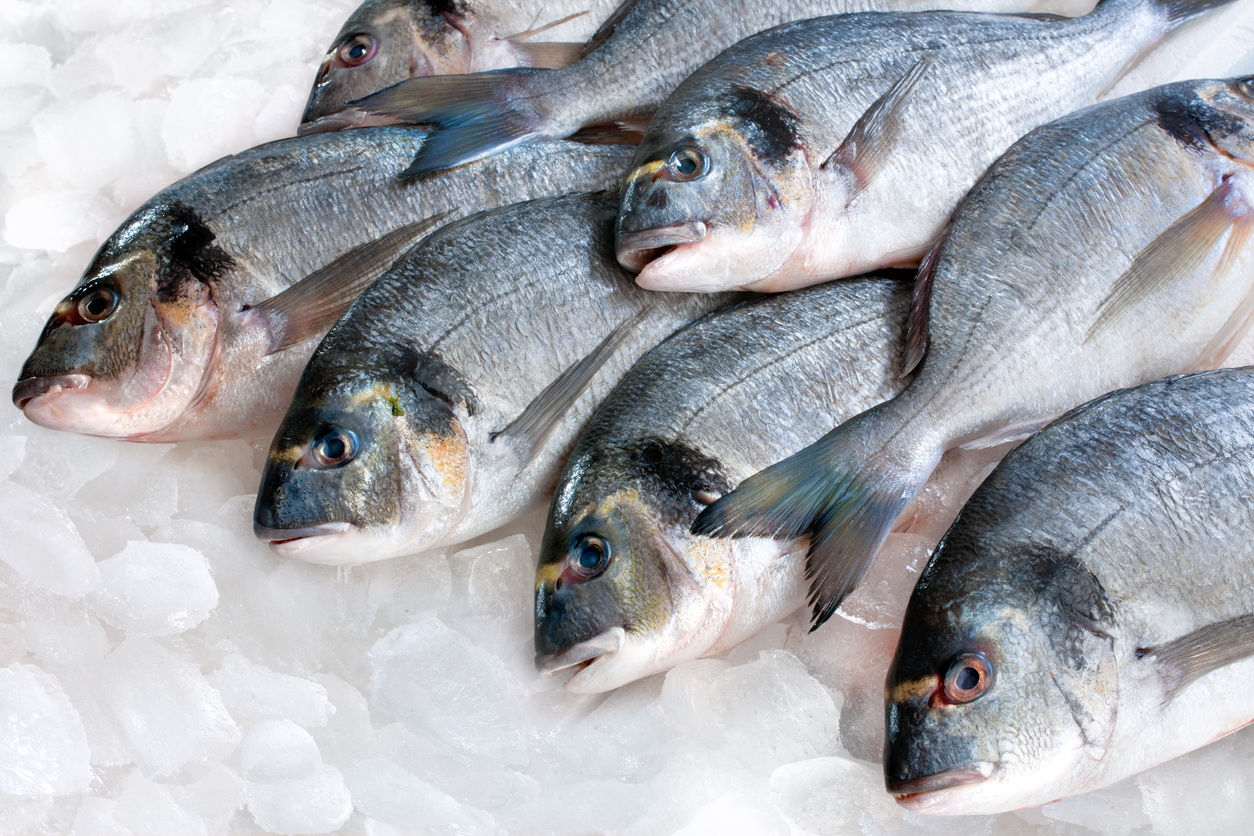How to Import Non-fillet Frozen Fish into Nigeria
How To Import Non-Fillet Frozen Fish into Nigeria
Fish is a nutrient-packed, high-protein food that has been around since the time of the Neanderthals. And it’s no wonder why: Fish is a great source of omega-3 fatty acids and protein! However, if you live in Nigeria, getting your hands on fresh fish from the market may be difficult due to import restrictions. Fortunately, there are ways around this problem. Here are some tips for importing frozen fish into Nigeria so you can eat guilt-free!
What is a fish import restriction?
Nigeria has import restrictions on fish for public health reasons. This means that importing live fish is illegal unless it’s done by licensed traders or people who have obtained a permit from the Nigerian government.
The Nigerian government does not allow fresh, frozen, or smoked fish to be imported without a permit. If you are planning to import frozen fish into Nigeria, you’ll need to get a permit before anything else happens.
What are some ways around this issue?
If you want to import frozen fish into Nigeria, there are a few different avenues you can try.
The first route is to build relationships with wholesalers in Nigeria. This will be a slower way of importing your frozen fish into the country, but it’s still a good option. If you have an office or storefront in Nigeria, this is a great way to cut out the middleman and have better control over your imported goods.
Another option is to use an import/export company that deals specifically with food products from countries outside of Nigeria. You’ll need to make sure there’s a demand for your type of imported food product, but this approach could work if you’re willing to do some research on which foods people in Nigeria want most often.
Lastly, you can use a third-party logistics company (3PL) that specializes in customs clearance and freight forwarding. This option does take more time and money up front because 3PLs typically charge by the container rather than by weight or volume, but it can save you money on shipping fees in the long run if your business imports from multiple countries.
How to import frozen fish into Nigeria
The Nigerian government has restrictions on the importation of frozen fish, so if you’re living in Nigeria and you want to eat fish, there are a few things you need to know. First, you’ll need to get clearance from the Nigerian government. Second, you’ll need a certificate of origin from the exporting country. Third, your fish needs to be labeled with the species name and weight.
In case you’re wondering how to get that certificate of origin from the exporting country, here’s what you’ll need: That country’s export form and a letter from the exporting company attesting that it is a certified exporter of seafood products. The letter should also state who it is exporting for (i.e., your Nigerian business). Once this document has been approved by Customs in Nigeria, Customs will issue a permit for your shipment.
Once you have all your documents in order and cleared by customs, you should be able to successfully import frozen fish into Nigeria without any problems!
Conclusion
Buy frozen fish from a reputable supplier
Fish imported into Nigeria is subject to inspection by customs. If your products are not up to standard, you will have to pay large fines or have your goods seized. This can be avoided by buying frozen fish from a reputable supplier.
Look for an export certificate
A lot of countries, including Nigeria, require that all exported goods come with an export certificate. Make sure the exporter you purchase from provides this certificate before you buy.
Choose your supplier carefully
If the person who is exporting the fish does not have an export certificate, it means they are illegally exporting their product and this could lead to large fines if caught. The only way you’re going to avoid this is by choosing your supplier carefully and making sure they’re legitimate.








LEAVE A COMMENT
You must be logged in to post a comment.